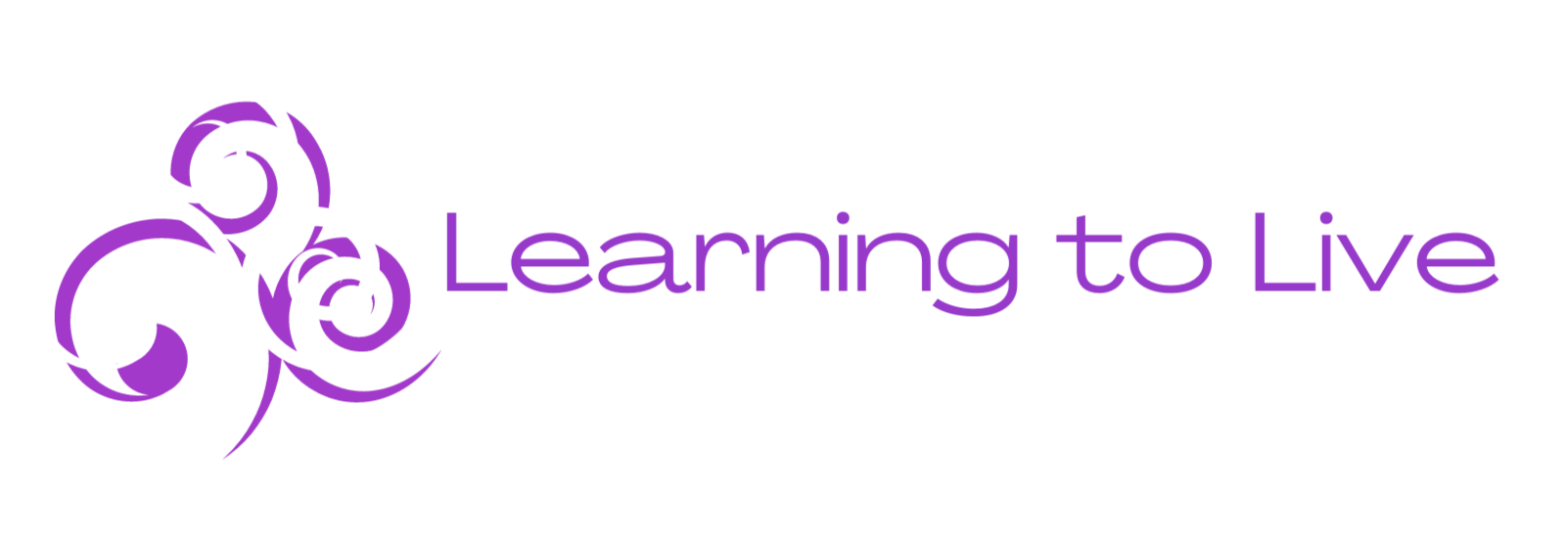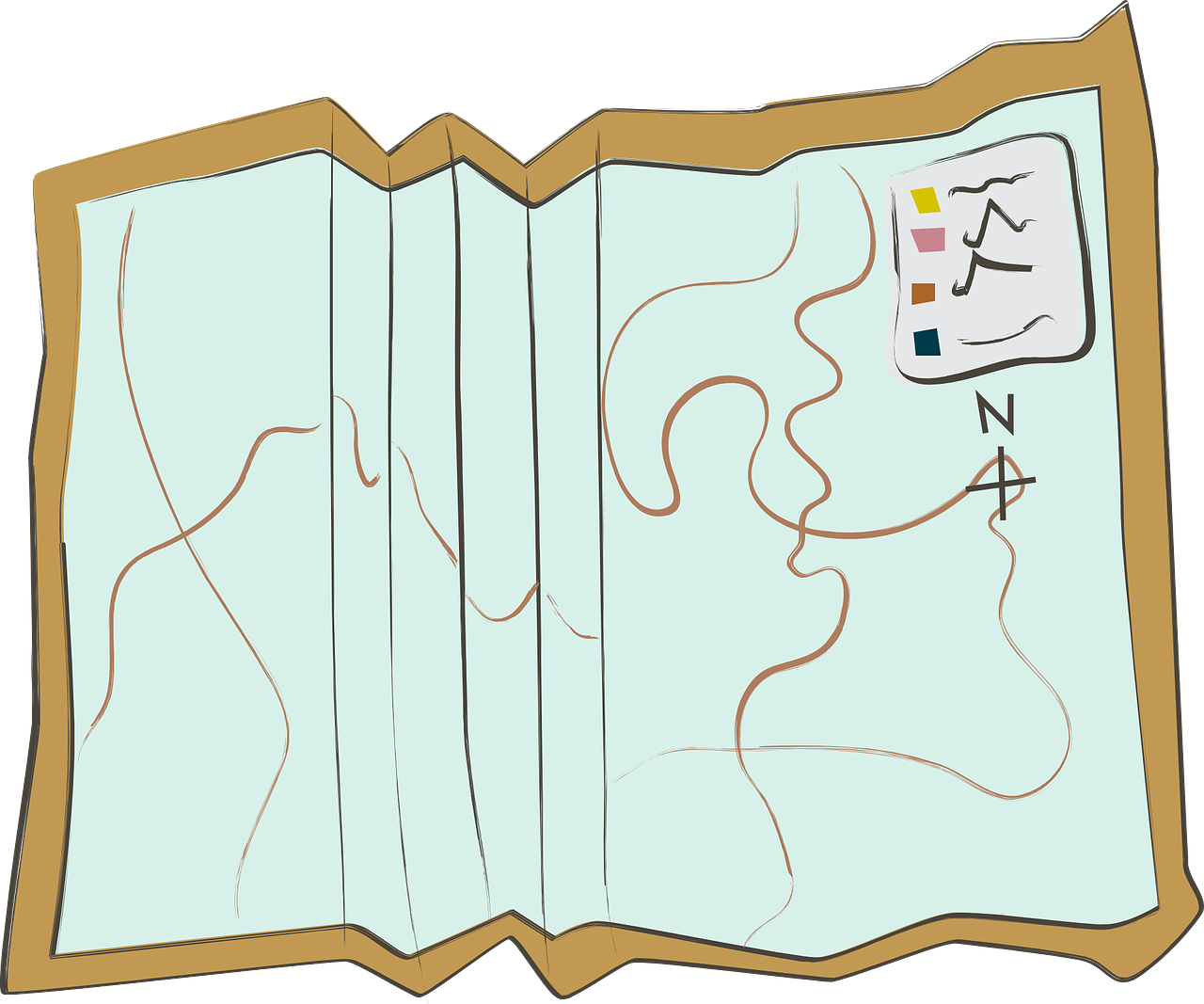How it started...
Although these spaces weren't both opened in the same year, they were opened and managed by the same people - Afifa Aza and Georgia Love. The SO((U))L HQ opened first in Stony Hill and became a chic hangout for artists, musicians and music lovers. They held film screenings, theatre productions, art showcases and a number of other events centered on music and art. It was a space for deep exploration, analysis and imagination of life, the status quo and the possibilities for the future.
Independently funded and free to the public, Georgia and Afifa worked through the challenges of keeping the space honest, open and accessible to everyone. It was essentially an experiment in building a sustainable, self-funded community space. Barters and gift exchanges were how the space maintained itself but it was by no means an easy road.
Two years later, still dedicated to building community in ways that served the community, Georgia and Afifa opened another space in Allman Town called Di Institute for Social Leadership (ISL). This space was a dedicated learning space for young people in the neighbourhood and evolved from a homework center to a maker space where locals and foreigners would come and facilitate different activities for the youth. Di ISL functioned on the same barter/gift exchange model as the HQ and had similar challenges of sustainability and funding to maintain its accessibility.
The love, connections and life giving experiences that these spaces created were rare and that's what drew people to the spaces. However, the structure was not sustainable because the bulk of the emotional, physical, financial and spiritual costs of keeping the spaces open, landed on Georgia and Afifa. Eventually, this cost was too much for Georgia and she moved away from the daily operations of the spaces and took on a more advisory role.
Independently funded and free to the public, Georgia and Afifa worked through the challenges of keeping the space honest, open and accessible to everyone. It was essentially an experiment in building a sustainable, self-funded community space. Barters and gift exchanges were how the space maintained itself but it was by no means an easy road.
Two years later, still dedicated to building community in ways that served the community, Georgia and Afifa opened another space in Allman Town called Di Institute for Social Leadership (ISL). This space was a dedicated learning space for young people in the neighbourhood and evolved from a homework center to a maker space where locals and foreigners would come and facilitate different activities for the youth. Di ISL functioned on the same barter/gift exchange model as the HQ and had similar challenges of sustainability and funding to maintain its accessibility.
The love, connections and life giving experiences that these spaces created were rare and that's what drew people to the spaces. However, the structure was not sustainable because the bulk of the emotional, physical, financial and spiritual costs of keeping the spaces open, landed on Georgia and Afifa. Eventually, this cost was too much for Georgia and she moved away from the daily operations of the spaces and took on a more advisory role.


